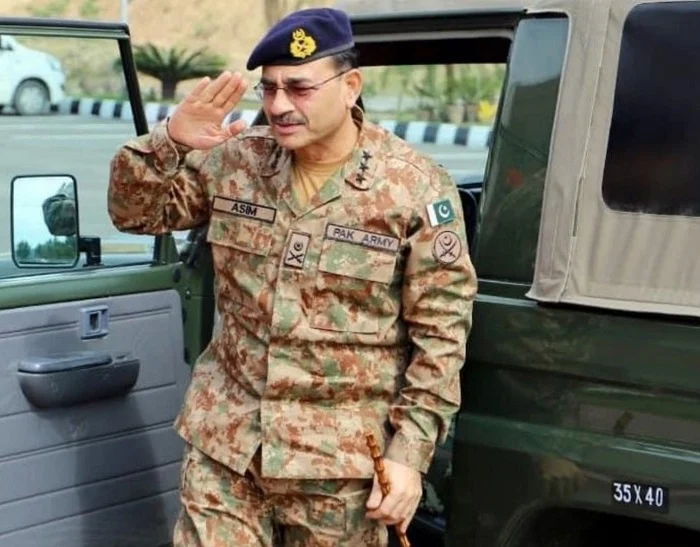With Pakistan teetering on the brink of financial collapse, the powerful military, which owns large tracts of farmland in the country, has stepped in with an idea that Pakistan gives corporate farming projects to the Gulf countries in return for advance funds.
The military mooted the idea through the Special Investment Facilitation Council (SIFC) set up by Prime Minister Shehbaz Sharif which has Pakistan’s Chief of Army Staff (COAS) General Asim Munir on the Apex Committee along with Sharif. The SIFC was set up this week to invite foreign investment and steer the country out of its economic crisis.
The army suggested that Gulf countries have shown interest in operating corporate farming projects in Pakistan and more needs to be explored in this area through joint ventures. This idea forms part of an alternative plan if Pakistan does not get bailout funds from the International Monetary Fund (IMF) by June 30.
The Pakistani Army which has a deep interest in agricultural lands and allots lands to all officers is taking the lead in reviving the country’s economic fortunes.
Recently, it wanted to acquire lands for Corporate Agriculture Farming (CAF) under the China-Pakistan Economic Corridor (CPEC) – a mega infrastructure and investment corridor being pushed by Beijing across Pakistan. The army had told the Punjab government that it needed up to one million acres of land for “corporate agriculture farming”. It added that rising oil and food prices pose a serious challenge to Pakistan and the army possessed the experience to develop waste and barren lands.
The Lahore High court has, however, nixed the army’s idea of farming the lands for China using the CPEC as a pretext.
Other ideas to resuscitate the economically broken country include handing over port berths at the Karachi Port to the United Arab Emirates (UAE) and invite foreign remittances from non-resident Pakistanis by implementing a “no-questions-asked foreign remittance amnesty”. This would allow the diaspora to push its remittances from $100,000 to $200,000.
Through SIFC, Pakistan plans to invite investment and pursue privatisation in five areas – defence, agriculture, minerals, information technology and telecommunications and energy. This is to be done through friendly countries, which the Pakistani media has highlighted as those from the Gulf Cooperation Council (GCC).
The Western nations, which are busy dealing with an aggressive China and also the Russia-Ukraine war, have overlooked Islamabad’s cries for help as it lurches from one crisis to another. International lending agencies too want Islamabad to tighten its fiscal belt.
The Sharif government came up with alternative ideas to shore up its economy after the US ambassador Donald Blome asked Pakistani Finance Minister Ishaq Dar to work on “Plan B” if the IMF loan does not materialise. Experts construe this as an indirect hint to the Pakistani government to save itself and not depend upon foreign bailouts.
The Pakistani finance minister also held a virtual meet with Andrew Mitchell, the British Minister in charge of foreign aid. Reportedly, The UK minister asked Pakistan to improve its relations with the international lender.
Islamabad has had a tough relationship with the IMF with sparring over the last few months. Dar has accused the IMF of forcing Pakistan to default due to geopolitical reasons.
Prime Minister Shehbaz Sharif, who is in Paris, France, met with the IMF Managing Director Kristalina Georgieva who promised to look into the situation but did not make commitments. Sharif met her with a powerful delegation consisting Climate Change Minister Sherry Rehman, Economic Affairs Minister Sardar Ayaz Sadiq, I&B Minister Marriyum Aurangzeb, Minister of State for Finance and Revenue Aisha Ghaus Pasha, Special Assistant to PM Tariq Fatemi and Pakistan’s Ambassador to France Asim Iftikhar Ahmad.
Pakistan has freely availed of the largesse of the West through at least 21 IMF loans previously.
Despite its geo-strategic location, Pakistan’s time for free lunches is seemingly over.




















